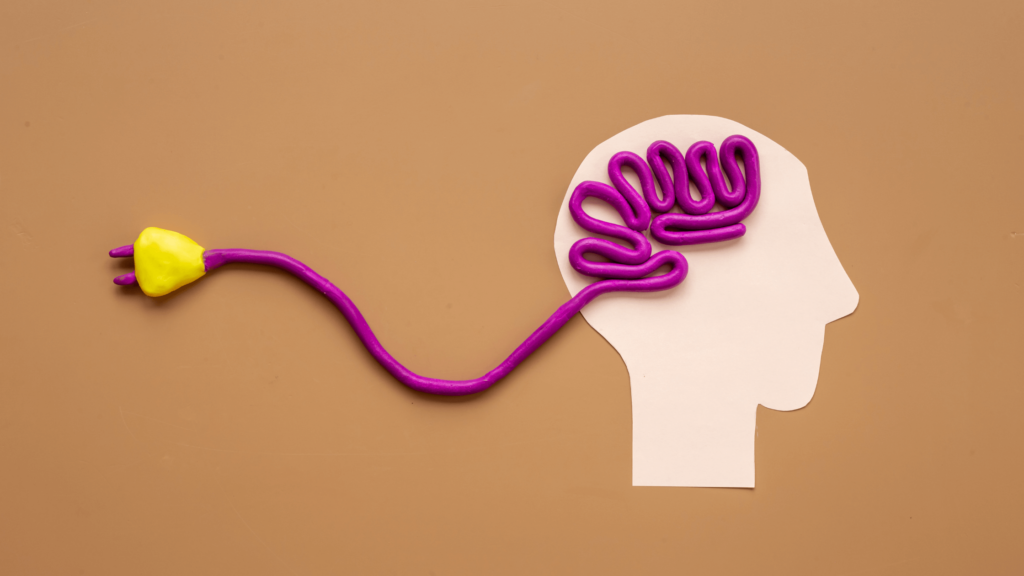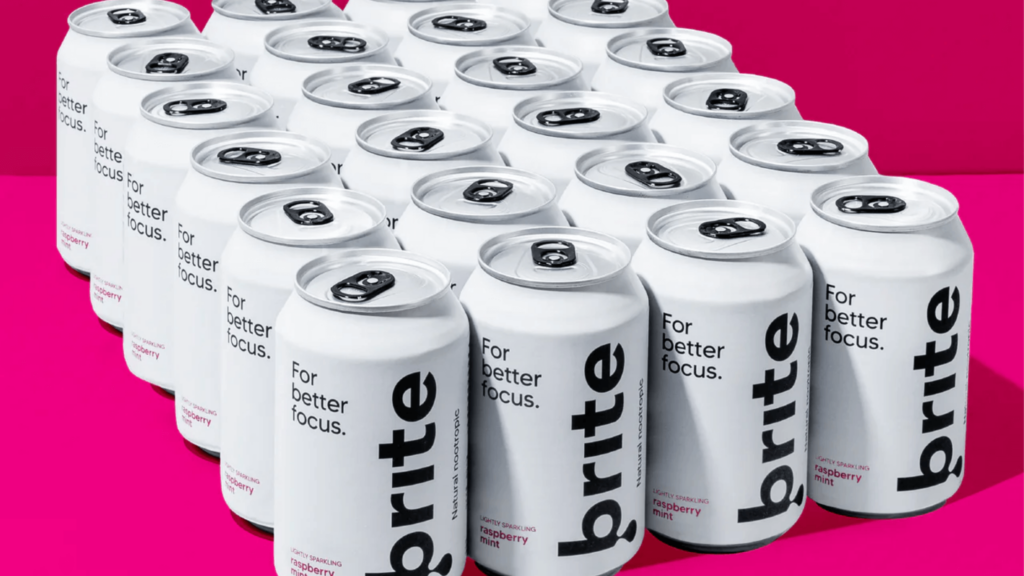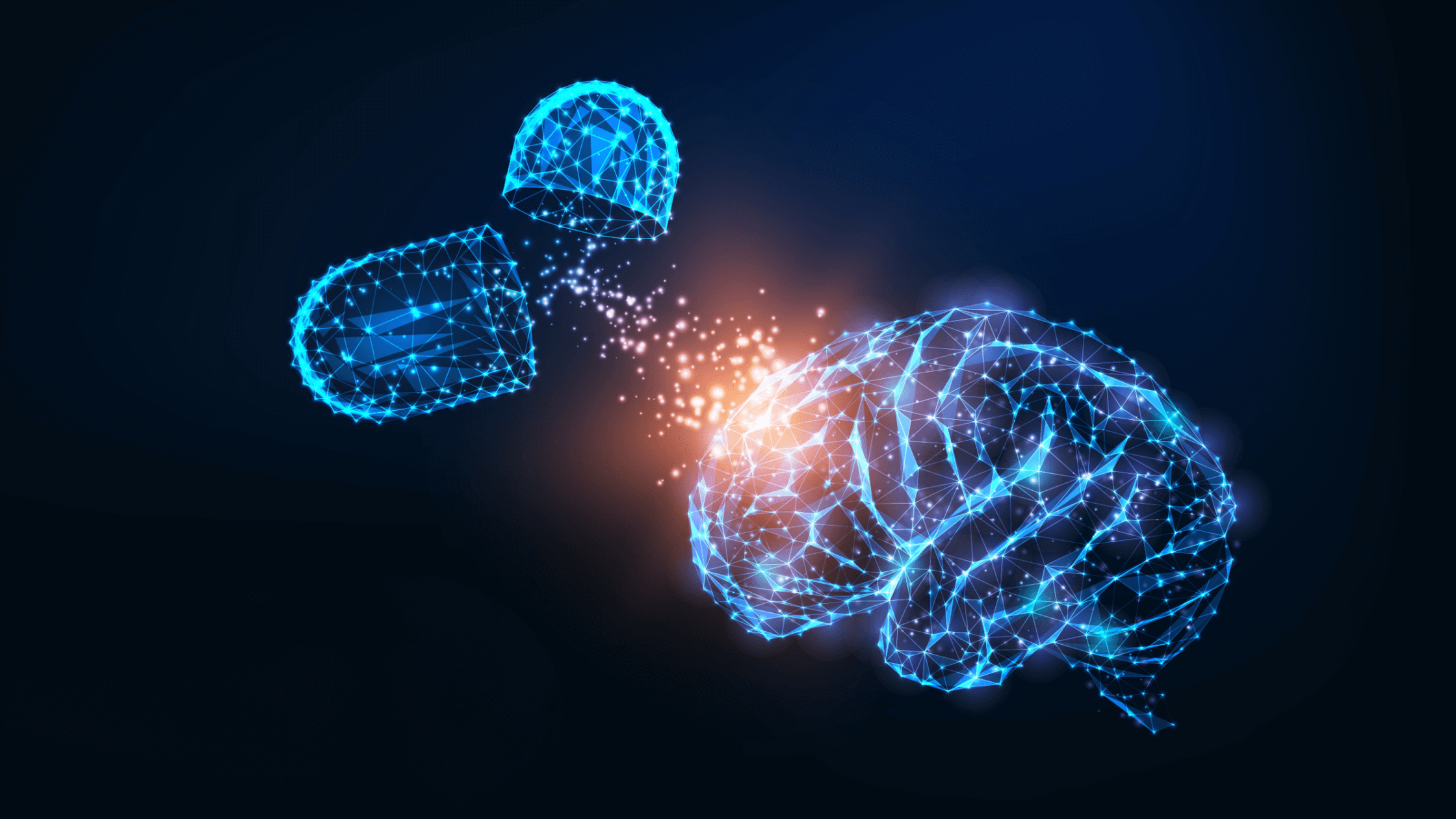In fast-paced fields like architecture, engineering, and construction (AEC), maintaining focus and mental clarity is critical for tackling complex challenges and meeting tight deadlines. Nootropics, often referred to as “smart drugs” or “brain boosters,” offer a convenient way for busy professionals to stay productive. Whether you’re looking to use nootropics for energy or just want a convenient nootropic drink to support focus, these brain-boosting supplements are a great way to maximize productivity.
Quick look
- Nootropics enhance brain function, supporting focus, memory, and resilience, making them useful for demanding industries like AEC.
- They offer improved attention, better task management, reduced stress, stabilized mood, and increased energy levels.
- Deciding whether to take nootropics depends on individual goals and health, as some may experience more risks than benefits.
- Different types of nootropics, such as drinks, mushroom-based supplements, and energy-boosting options, provide tailored solutions for specific needs in productivity and mental clarity.
What are nootropics?
Nootropics are natural or synthetic substances designed to enhance brain function. They have been shown to improve focus, memory, creativity, and even resilience to stress. Various nootropics have been extensively studied and are safe for daily use. Popular options include caffeine, omega-3 fatty acids, and mushroom-based supplements such as Lions Mane and Reishi.
Nootropics can offer a significant edge in demanding environments for professionals in the AEC industry. Long hours, problem-solving under pressure, and the need to maintain peak focus are part of daily life in this field. Nootropics can help sharpen attention, improve decision-making, and boost mental stamina, allowing AEC professionals to stay productive and perform at their best.
Brain benefits of nootropics

Image courtesy of Shutterstock
Focus and attention
Nootropics are widely used to improve focus and attention by enhancing the brain’s ability to filter distractions and sustain concentration over long periods. One effective nootropic for focus is L-theanine, an amino acid commonly found in green tea. L-theanine increases alpha brain waves, which are associated with a relaxed yet alert mental state. When combined with caffeine, another well-known nootropic, the duo is particularly effective in boosting focus and reducing mental fatigue without the jitters commonly associated with caffeine alone.
A study published in Nutritional Neuroscience found that participants who consumed a combination of 200 mg of L-theanine and 160 mg of caffeine experienced faster reaction times to visual stimuli compared to a placebo group. The study concluded that this combination enhances attention by reducing mind-wandering and improving focus on target tasks.
Executive function
Executive function is the brain’s ability to plan, memorize, and manage tasks effectively—highly important skills in the AEC space. Whether juggling project deadlines or addressing on-site challenges, professionals in these industries rely heavily on cognitive flexibility and decision-making. Nootropics, such as Bacopa monnieri, are known to support these abilities by improving the brain’s ability to process and retain information.
A study published in Psychopharmacology found that adults who took 300 mg of Bacopa monnieri daily for 12 weeks demonstrated faster information processing, improved learning rates, and better memory compared to a placebo group. This herb, often used in traditional medicine, enhances serotonin levels, which helps with mood regulation and mental adaptability.
Stress resilience
Managing stress is a constant challenge in the demanding AEC industry, where tight deadlines and high-stakes projects are the norm. Nootropics, such as ashwagandha, an adaptogenic herb, are known for their ability to reduce stress and improve mental clarity by balancing cortisol levels, the hormone linked to stress.
A study published in the Journal of Clinical Psychopharmacology investigated the effects of Ashwagandha on stress and anxiety. Participants who took 600 mg of ashwagandha root extract daily for 8 weeks experienced significant reductions in stress and anxiety levels compared to the placebo group.
Mood
Maintaining emotional balance is important for handling the pressures of demanding fields like AEC. Rhodiola rosea, an adaptogenic herb, supports mood regulation by helping the body adapt to stress and promoting emotional stability. Its natural ability to balance stress hormones makes it popular for enhancing resilience and focus during challenging tasks.
A study published in Phytomedicine found that participants taking 340 mg of Rhodiola rosea extract twice daily for six weeks reported significant reductions in symptoms of mild to moderate depression, including better emotional stability and reduced feelings of fatigue.
Energy
The construction industry involves physically demanding tasks that require physical and mental stamina. Creatine, a naturally occurring compound in the body, is well-known for enhancing energy production by increasing the availability of adenosine triphosphate (ATP), the molecule responsible for cellular energy.
Research shows that creatine supplementation can boost high-intensity performance by replenishing ATP levels more quickly during energy-demanding activities. Additionally, creatine supports brain energy metabolism and reduces mental fatigue.
Should you take nootropics?
Nootropics can enhance focus, memory, and overall brain performance, but deciding whether to use them requires a critical assessment of their safety, effectiveness, and individual needs. While many nootropics are considered safe for general use, others carry risks depending on the person’s health status, the dosage, and the type of nootropic.
Who are nootropics safe for?
Nootropics are generally safe for healthy adults who want to improve cognitive performance for specific tasks or goals. Natural nootropics like L-theanine, ashwagandha, and lion’s mane mushrooms have well-documented safety profiles and minimal side effects when taken at recommended doses. These are often beneficial for individuals looking to reduce stress, improve focus, or maintain long-term brain health.
Nootropics may also benefit individuals experiencing mild cognitive decline, such as older adults, by supporting brain health and slowing the progression of age-related cognitive issues. Compounds like Bacopa monnieri and ginkgo biloba are often studied in this context and have been shown to improve memory and processing speed.
Who shouldn’t take nootropics?
While many nootropics are safe, some groups should approach them with caution:
- Pregnant or breastfeeding individuals: Most nootropics lack adequate research on their safety during pregnancy or lactation, and their effects on fetal or infant development are largely unknown.
- Individuals with pre-existing conditions: Those with health conditions like anxiety disorders, high blood pressure, or heart problems should avoid stimulatory nootropics like caffeine or synthetic smart drugs, as these can exacerbate symptoms.
- People taking medications: Nootropics can interact with certain medications, such as antidepressants, anticoagulants, or blood pressure drugs, leading to adverse effects. For example, ginkgo biloba can increase the risk of bleeding when combined with blood thinners.
- Children and adolescents: The developing brain is sensitive to external substances, and nootropics may have unknown long-term effects on growth and cognitive development.
- Individuals prone to dependency: Synthetic nootropics like Modafinil and Phenibut can lead to tolerance or dependence if misused.
Deciding whether to take nootropics depends on your health, goals, and willingness to assess the risks versus benefits. Natural nootropics with extensive safety studies are a safer choice for those seeking cognitive enhancement, while synthetic options should be reserved for individuals with specific needs under medical supervision.
4 types of nootropics to try

Image courtesy of britedrinks.com
With a growing interest in brain-boosting substances, there are many types of nootropics available, each catering to different needs. Whether you prefer drinks, mushrooms, or supplements targeting specific challenges, it’s important to consider their effectiveness, safety, and practicality. Here are some options to explore:
Nootropic drinks
Nootropic drinks are convenient ways to enhance mental clarity and energy. They often contain a mix of natural nootropics like L-theanine, guarana, and ashwagandha. While convenient, some nootropic drinks, like energy drinks, rely heavily on caffeine for their effects. It’s essential to read labels carefully and opt for drinks with balanced ingredients that provide benefits beyond a temporary energy boost.
For example, some of the best nootropic drinks include Brite and Go Big. These brands offer drinks made from natural ingredients like guarana seed extract to support focus and cognitive performance. They’re a great alternative to coffee, especially if you want to reduce the jitters.
Mushroom nootropics
Mushroom nootropics have gained popularity for their natural and long-term cognitive benefits. Lion’s mane mushroom is particularly well-known for its ability to promote nerve growth factor (NGF), which supports brain cell repair and growth. Studies suggest it may improve memory and focus over time. Another option, cordyceps, enhances energy by increasing ATP production, making it ideal for physically demanding professions.
Although mushrooms like lion’s mane are generally safe, the benefits often take weeks, requiring consistency and patience. Additionally, the quality of mushroom supplements can vary, so choosing a reputable brand is important for effectiveness.
Nootropics for ADHD
Nootropics that help with focus and decision-making can be helpful for people with ADHD. Natural options like L-tyrosine, omega-3 fatty acids, and ginseng have shown potential, with ginseng being especially effective. According to a study published in Integrative Medicine Research, ginseng supplementation significantly improved attention and reduced hyperactivity in individuals with ADHD. These effects are linked to its ability to regulate dopamine levels, a neurotransmitter involved in focus and impulse control.
However, it’s important to consider that natural nootropics may not match the effectiveness of prescribed ADHD medications. For those with diagnosed ADHD, nootropics should be considered as a supplement rather than a replacement for medical treatment. Consulting a healthcare provider is strongly recommended.
Nootropics for energy
For sustained energy, several nootropics provide reliable support for both mental and physical stamina. Options like creatine, cordyceps mushrooms, and Rhodiola rosea are well-researched and widely used for boosting energy levels naturally. These nootropics can help reduce fatigue and enhance endurance, making them popular choices for staying energized during demanding days.
Bottom line
Nootropics offer a practical way for AEC professionals to enhance focus, boost energy, and improve overall cognitive performance. From natural options like mushroom-based supplements to targeted solutions for stress and endurance, these tools can help tackle the demands of long hours and complex tasks. Whether you’re looking for improved productivity, mental clarity, or resilience under pressure, nootropics could provide the support you need.
Want more tips to optimize your performance in the AEC industry? Subscribe to our newsletter and follow us on social media for insights on staying sharp, efficient, and ahead in your field!


